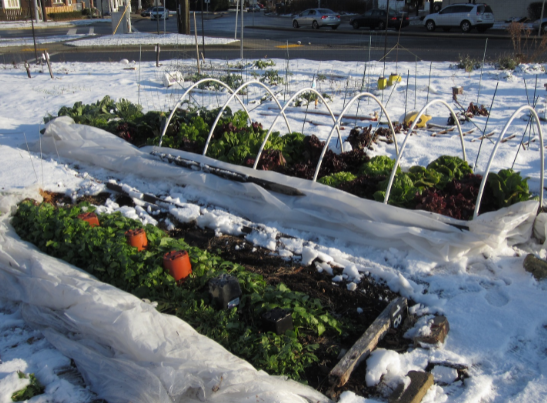Winter is that time of the year when your gardeners should really pay attention to how they plan their summer gardens and landscape maintenance. There are certain things to be considered and taken into account when planning your winter garden weather. If you’re not sure about any of these, it’s a good idea to consult a professional landscaper or a local home and garden retailer. They will be better able to give you some tips for winter gardening weather. And if you have a beautiful backyard, you’ll want to make sure you protect it from harsh winter conditions.
One of the first things you need to do to make sure your garden stays looking good all year round is to plant your vegetables, fruits and flowers early in the year. This is especially true for those who have a vegetable garden, since they tend to be the most sensitive plants to changeable weather conditions. Keep in mind that even the best growing vegetables will still be harvested because the soil won’t be able to support their growth. For this reason, try to plant your garden as early as possible in the spring so that you can be ready when winter comes rolling in. When you start planting, be sure to pick a spot that gets full sun all day long, as well as one that is not going to experience extreme temperatures.
You should also prepare your garden for winter by clearing off any large rocks or obstacles that could cause problems during the winter. If you have a brook running through your property, you may want to consider moving it a bit. If it is on a hill, you should drain the water and remove the snow and ice that have built up. If it is in a field or other area not open to public access, consider using a garden hose to clear away the snow and ice. If you are worried about the cost of bottled water during the winter, invest in an ice machine for the pump in your brook or stream to purify the water.
Once you have cleared your area of obstacles, the next thing that you need to do is prepare your garden for winter garden weather. The first thing that you should do is to check your plants for damage. Any plants that are damaged or look sickly may need to be removed before the winter arrives. You should also check out your garden tools for damage. Any gardeners know that pruning is very important, but there are times when pruning is necessary during the winter. Remove any unneeded branches or trim back any overgrown plants.
One thing that you can do to help with winter weather is to make your lawn as dark as possible. This can make it harder for bugs and mosquitoes to survive the winter. Another thing that you can do is to keep your gutters clean. This can keep puddles of water from forming in the areas where it is cold most of the time. If you can inspect your gutters regularly, you can make sure that they are working properly, preventing damage and allowing for proper water flow during the winter.
Many people have winter gardens to save money during the winter months. While winter garden weather can be harsh and frustrating, if you take the time to prepare your garden for winter weather, you can save money and enjoy your garden all year long. Winter gardening can be a fun and rewarding experience for those who can endure the cold months. Take the time to prepare your garden before the winter season and you will enjoy it through the entire year.

Winter Garden Weather
Winter garden weather in the northern United States is something you don’t see very often. There are places that experience very cold temperatures during the winter season, but as the spring rolls around, everything quickly rebounds and becomes much more comfortable. While some of us have built a sort of happy medium where there aren’t passing clouds or snow covering the ground for more than a couple days in any given month, others have to put up with much longer periods of below zero weather. For most people who live in these areas, it’s all about knowing how to properly protect your plants from the freezing temperatures and snow that can follow. If you take the necessary precautions, then your vegetable garden will fare just fine.
The colder it gets, the less moisture is on the soil. This means that the root systems will have a much easier time extracting water from the soil, which will help them do well throughout the growing season. In fact, when it reaches the middle to warmer stages of winter, the air temperature can actually drop quite a bit. If you are in an area that experiences such cold temperatures, you should always plan to water your plants every few days, even if it only comes in the form of a sprinkler head. You never know when those passing clouds will show up over your head.
With passes of clear skies and warmer temperatures, the temperature will gradually begin to increase again. When this happens, you should make sure that you are using plenty of watering. It can get fairly cool down at night, but if there is some cloud cover it can be quite uncomfortable to have the need to water your plants every day. If you are lucky enough to have clear skies most of the time, then you should keep things pretty much the same as you did during the summer. If you are mostly cloudy at night, then you should plan to water your garden at least twice per week, although most people plan to water their garden only once per week.




